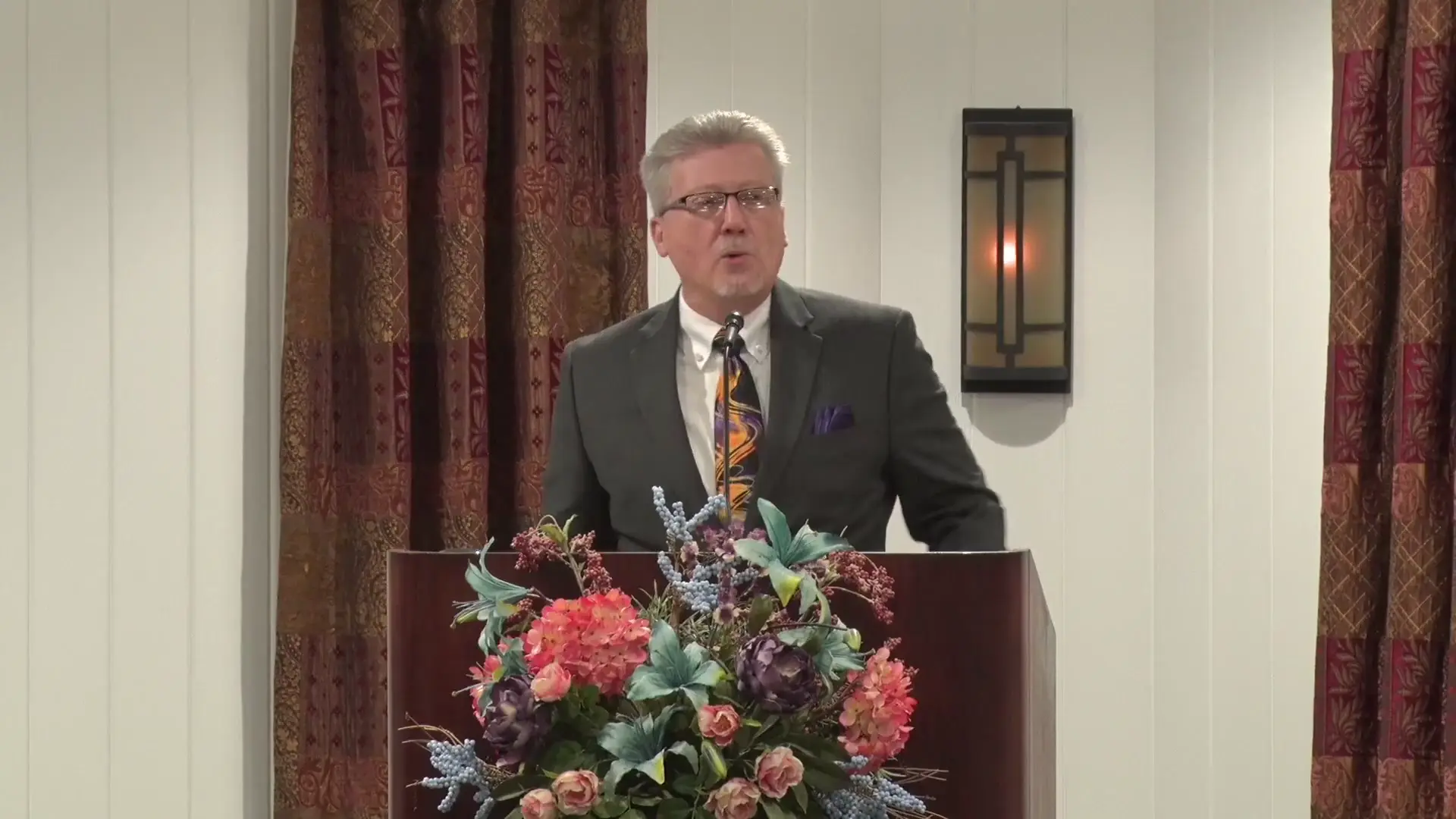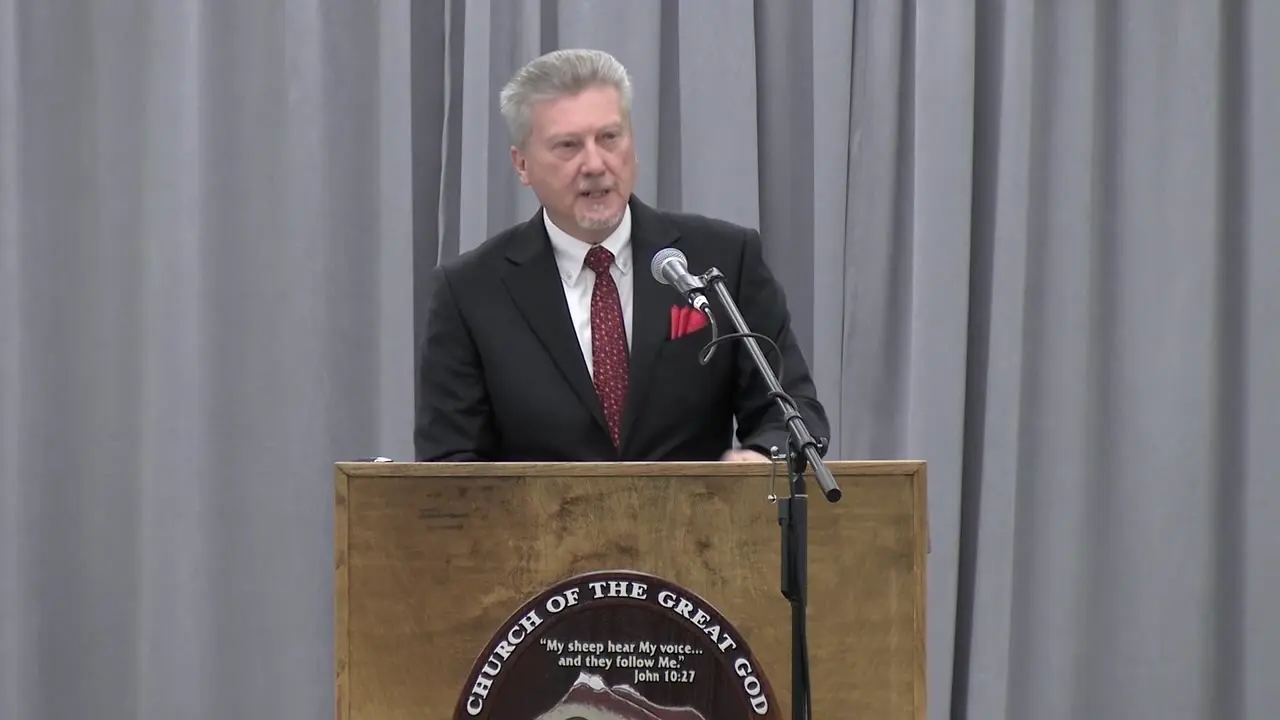Filter by Categories
Achan's Sin, God's Punishment
Sermonette by John W. RitenbaughWe must remember to pay our vows to Almighty God, remembering God's grace in sparing us from similar presumptuous acts we have previously committed.
A Little Leaven
Sermonette by John W. RitenbaughOur individual sins (committed in our thoughts, words, and behaviors) are never isolated, but sadly influence every other member of the congregation.

Spiritual Strongholds (Part Two): Faithful Trust
Sermon by Martin G. CollinsThe disastrous defeat at the city of Ai and the ill-advised treaty with the Gibeonites were both the direct result of not consulting with God.

Spiritual Strongholds (Part One): Obedience
Sermon by Martin G. CollinsJoshua quickly acquiesced to God, realizing that it is not a question of God being with us; we must yield unconditionally to the sovereign will of God.
Do You Take Sin Seriously? God Does!
Sermon by Martin G. CollinsThe demise of an institution can result from the irresponsibility of its constituents; if one member sins, the whole body experiences the effects.
Our Moral Bearings Lost
Commentary by John W. Ritenbaugh (1932-2023)America's leaders have lost their moral compass. God has replaced wise adults with foolish children mocking and scoffing at wisdom and moral standards.
Should We 'Sweat the Small Stuff'? (Part Two)
CGG Weekly by Bill OnisickWhat are the 'little foxes' (Song of Songs 2:15) in our lives? They are the seemingly little things that can do great damage to our connection with Christ.

Little Things Count!
'Personal' from John W. RitenbaughNo act is insignificant because of two natural principles: the tendency toward increase and reaping what we sow. They play major roles in our lives.
Every Action Has a Reaction
Feast of Tabernacles Sermon by John W. RitenbaughEvery action has a corresponding reaction; even the little things we do matter. Sin produces increase (the leavening effect) just as righteousness does.

Joshua's Four Miracles (Part Two)
Sermon by Richard T. RitenbaughThe life and leadership of Joshua provide a metaphor for the Christian journey following baptism, a path marked by spiritual warfare, growth, and trust in God.
God, Satan, and David's Numbering of Israel
Sermonette by David C. GrabbeAn apparent contradiction exists between I Chronicles 21:1 stating that Satan moved David to take the census while I Samuel 21:1 says that God did.

Joshua's Four Miracles (Part One)
Feast of Tabernacles Sermon by Richard T. RitenbaughIsrael's conquest of Canaan under Joshua can be a metaphor for the journey from baptism to entering God's kingdom, especially for the second generation.